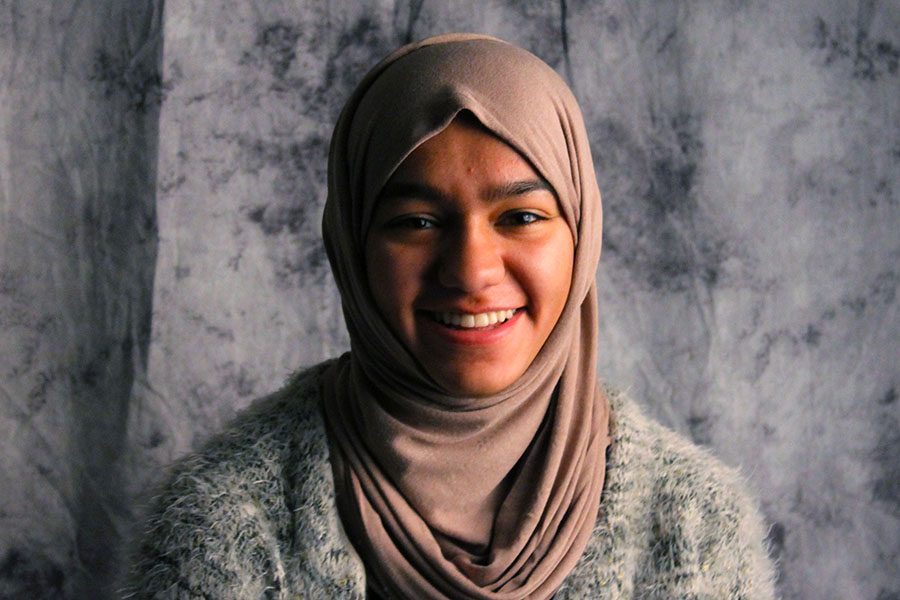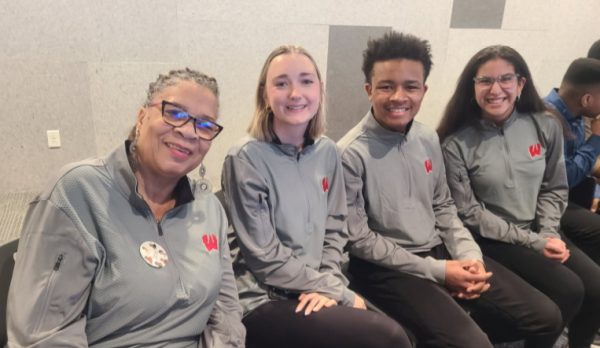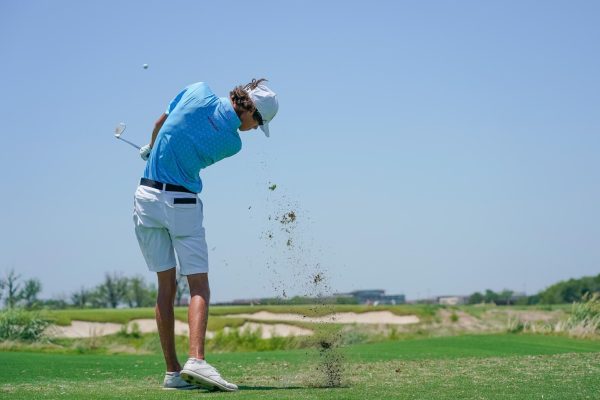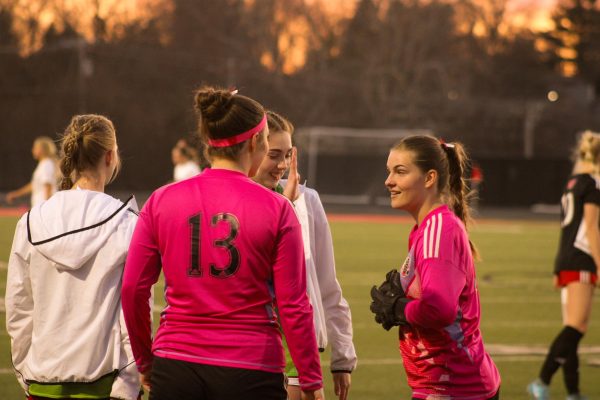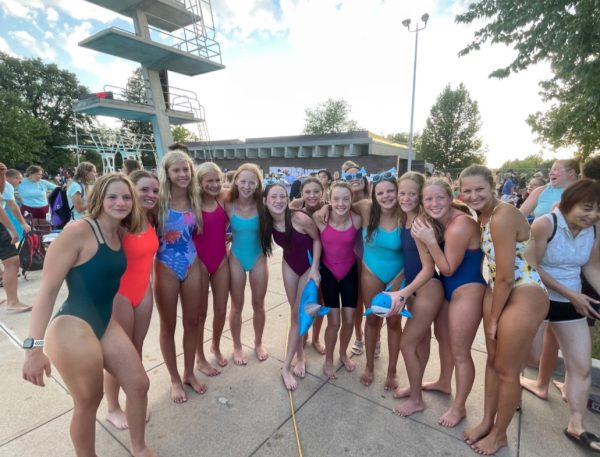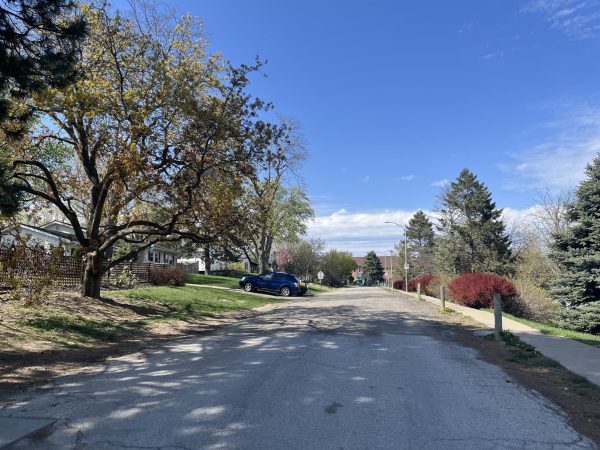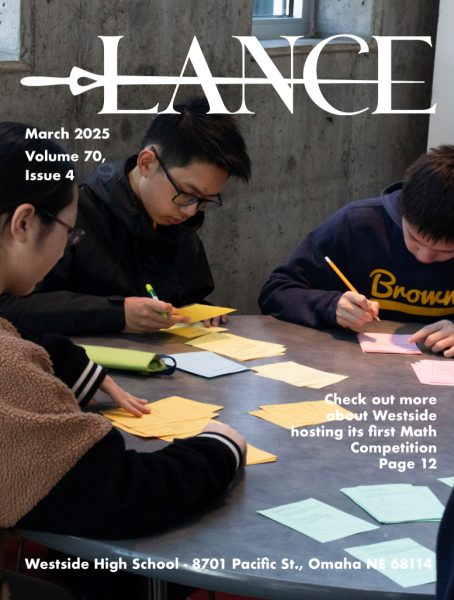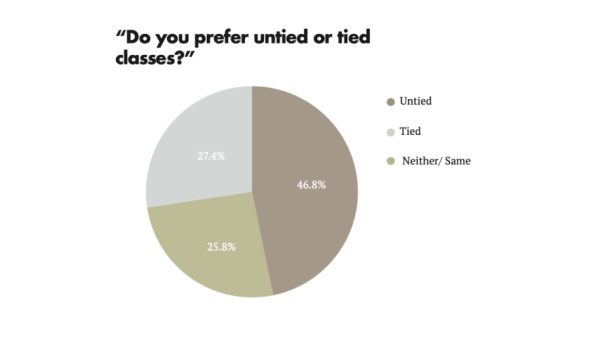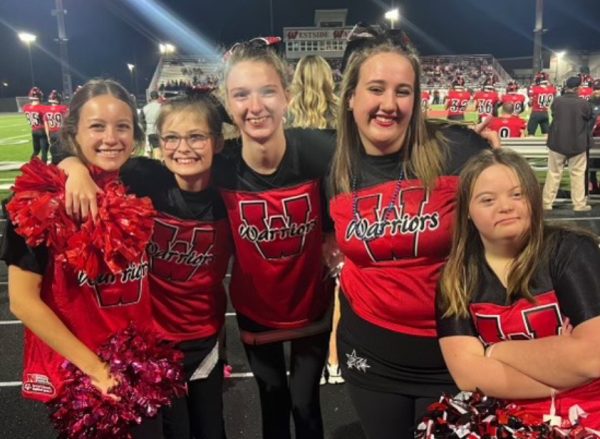Going Home: Freshman Plans to Return to Saudi Arabia
Freshman Duha Alabbas plans to Return to Saudi Arabia
By June of this year, freshman Duha Alabbas will pack up her life and move back to her hometown, Riyadh, Saudi Arabia. Alabbas came to America when she was nine years old on a dependent visa from her parents and has been living here since with her parents and three siblings. On their visas, Alabbas parents have been attending UNO since they came to the U.S.
“Here, the education is a lot better than it is out there, so it’d give us a lot more opportunities when we went back,” Alabbas said. “The scholarship that my parents took to come here is a scholarship where you can go to America and see how the lifestyle is here and go back and give Saudi Arabia the ideas that you saw to better improve the community.”
Alabbas said her father has already returned to Saudi Arabia to get settled in before the rest of her family goes back. Due to their visa terms, Alabbas and her family had been preparing themselves to move back the whole time they’ve lived in the United States because they weren’t sure when they would officially have to return.
“Ever since I came [to the U.S.] I knew we’d have to move back,” Alabbas said. “First, we thought I was going back when I was done with sixth grade. Then, we thought it again when I was done with middle school, but things just kept happening and I never did. I never really thought I would leave, but part of me always kind of knew.”
On a dependent visa, the owner’s terms are the same as those who they are depending on. Alabbas’ parents’ visas were set up so they could complete college then move back to Saudi Arabia. In order for them to stay in the United States, they would need to become citizens, but the process of becoming a legal U.S. citizen may take too long.
“The [U.S. citizenship test] is pretty complicated, and it could take a long time,” Alabbas said. “Since we can’t get jobs here because we’re on a student visa, and not work visas, we wouldn’t be able to stay long enough.”
During their time in the U.S., Alabbas said that she hasn’t been able to see her family living in Saudi Arabia hardly at all without running into problems with their visas. The Saudi Arabian government does provide tickets for them to go back and visit over the summer, but they have to make sure they renew the visas every year in the U.S.. This process takes a long time. Alabbas said that this prevented them from going back last summer because they wouldn’t have had enough time to renew them.
Moving back is Alabbas’ chance to reconnect with the family she hasn’t seen in a couple years due to these issues.
“I’m definitely very excited to see my family again,” Alabbas said. “It’s been two years now that I haven’t seen my grandparents. I haven’t seen my aunts or uncles. A few of my cousins live here, but it’s only, like, two.”
On the other hand, Alabbas said there are things about Saudi Arabia that aren’t as efficient as they are in America. Westside offers Alabbas an educational experience that she wouldn’t be able to get back in Saudi Arabia.
“I think the systems are a lot better here than they are anywhere else,” Alabbas said. “There’s a lot more equality and freedom here. There’s more understanding than there is [in Saudi Arabia].”
One of Alabbas best friends at Westside, freshman Avery Nicklous, has been with Alabbas since fifth grade and knows about the situation Alabbas is in. She said she understands how Alabbas might be affected moving back to Saudi Arabia.
“I think she has mixed feelings because, on one hand, she’s grown up here, most of her life has happened here,” Nicklous said. “On the other hand, her family is there and her culture is from there. She can’t really decide which place is home.”
In Saudi Arabia, Alabbas said she has to go to an international private school that can be costly for her family, but there aren’t many other choices for her.
“The people [in Saudi Arabia] aren’t terrible, but the people aren’t as open minded,” Alabbas said. “They don’t have as much understanding. There’s not much equality, but it’s not horrible. The freedom is nothing compared to the way it is here.”
Nicklous has heard about some of the equality issues from Alabbas, and she has seen how it’s affected her in the move back.
“It’s a very controlled society,” Nicklous said. “In Saudi Arabia they don’t have a lot of freedoms like they do here, and I think we take that for granted. Obviously gender equality is much more prominent here, and things are getting better there. Women have so many more opportunities here, and I think that bothers Duha.”
Alabbas just views her move back in the same light as she did moving here. She said she is going to miss things from here, but moving back still has its perks.
“It kind of sucks, but I’ll get used to it, the same way I got used to moving here,” Alabbas said. “Most of my family is back there anyway. I’m going to miss a lot of my friends that are here also, but if we kept in contact, I think we’d be okay.”
Your donation will support the student journalists of Omaha Westside High School. Your contribution will allow us to purchase equipment and cover our annual website hosting costs.
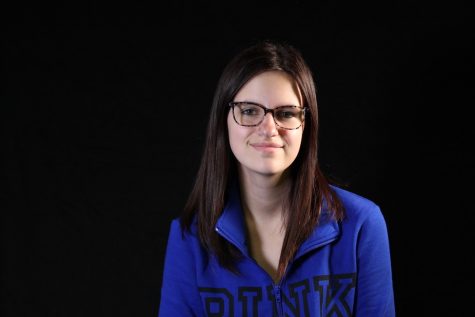
Hi, my name is Angelina Pattavina! I am the co-Editor-in-Chief for Lance this year. I am currently a senior and this is my fourth year on Lance. If you...


